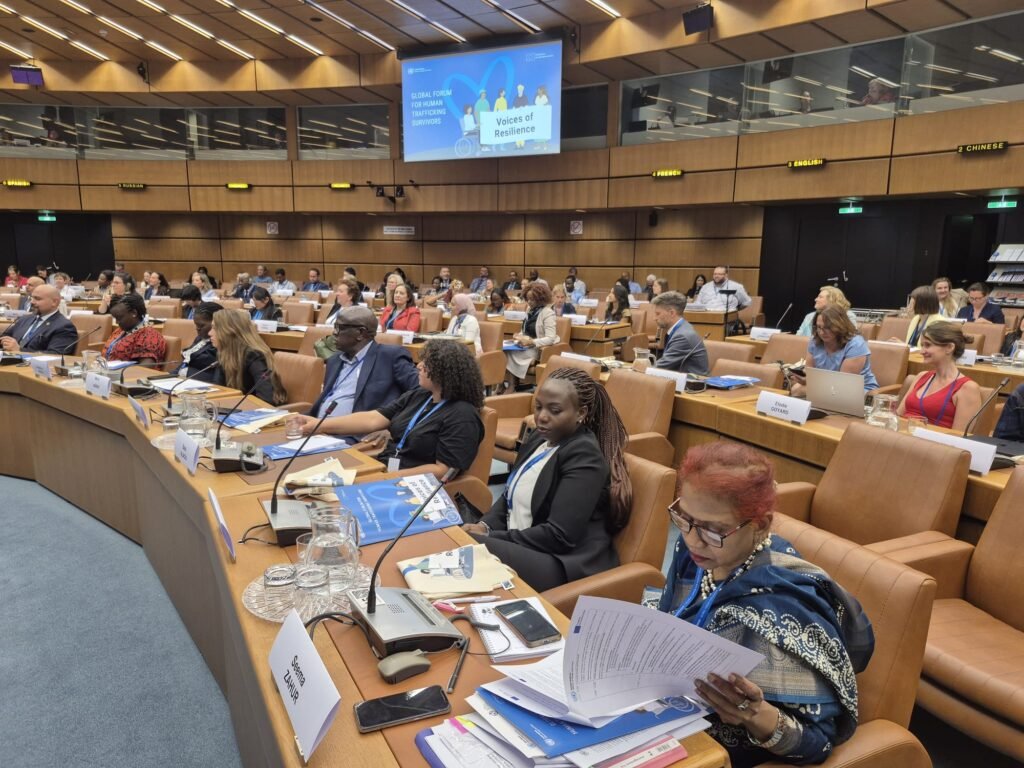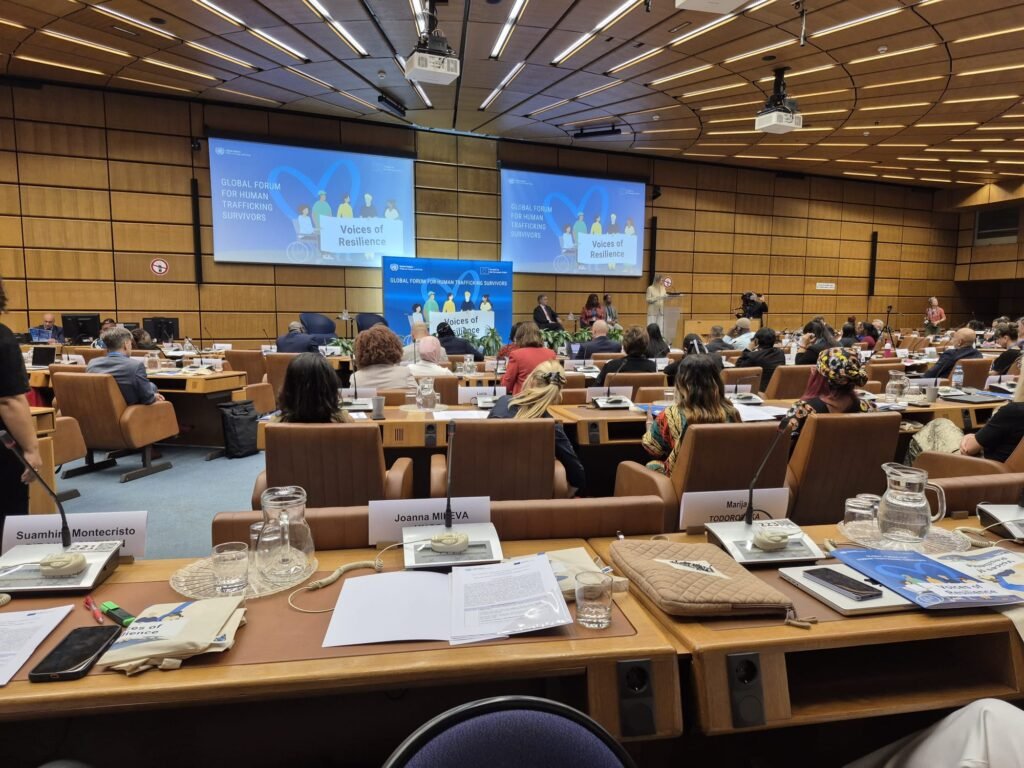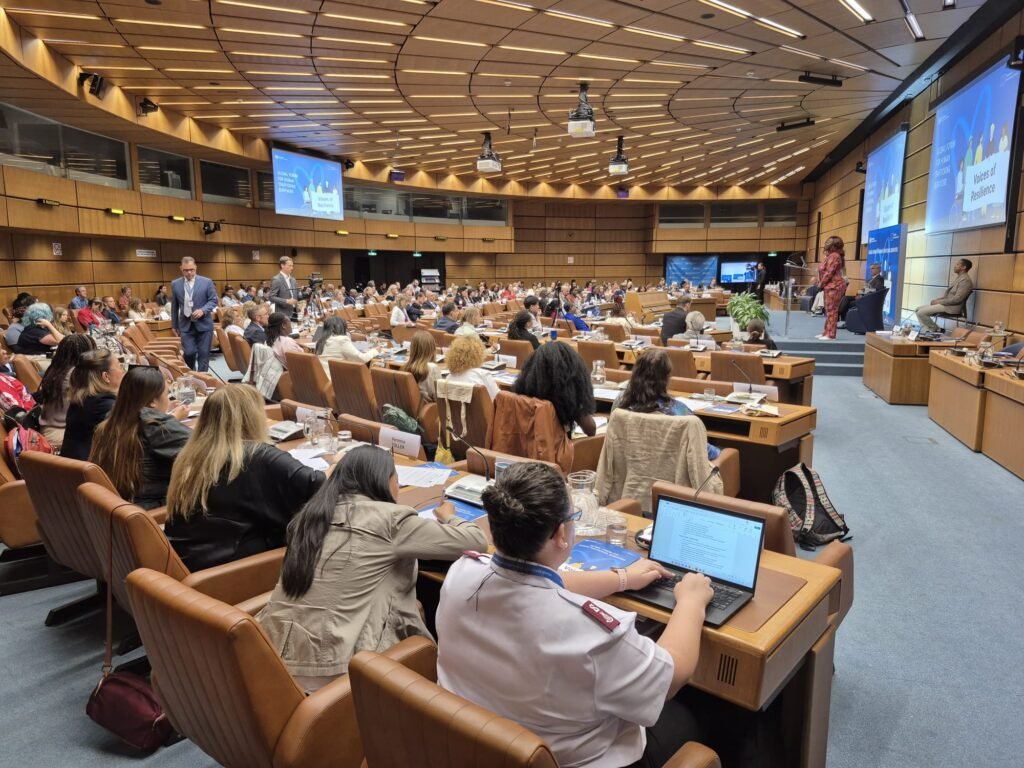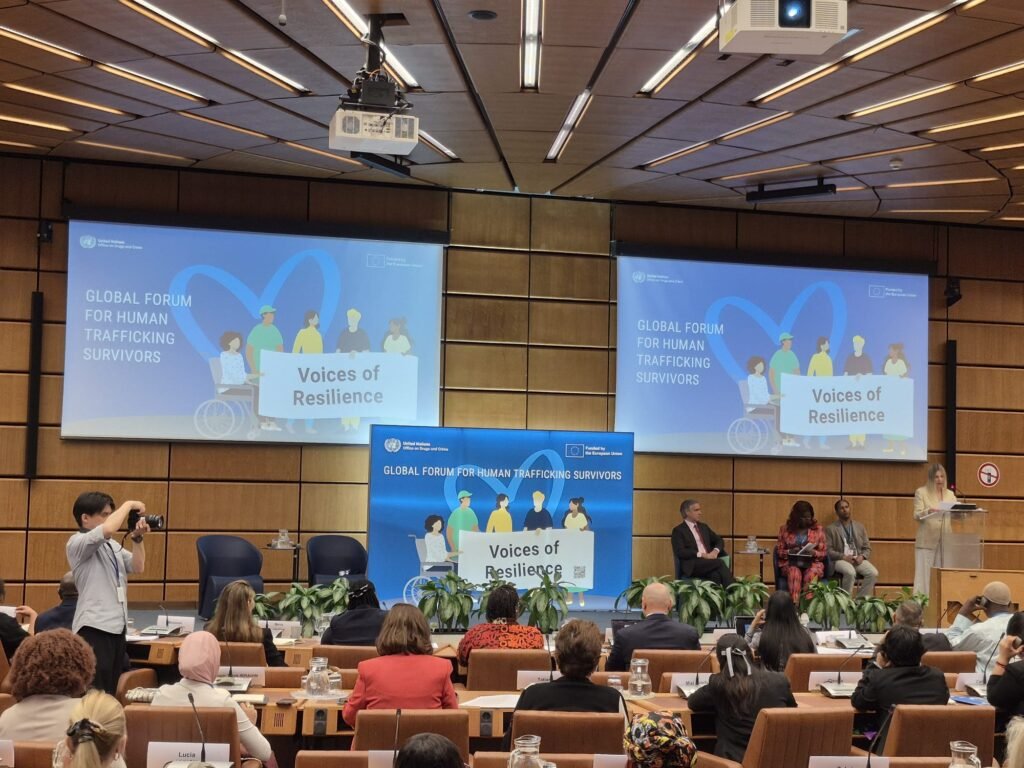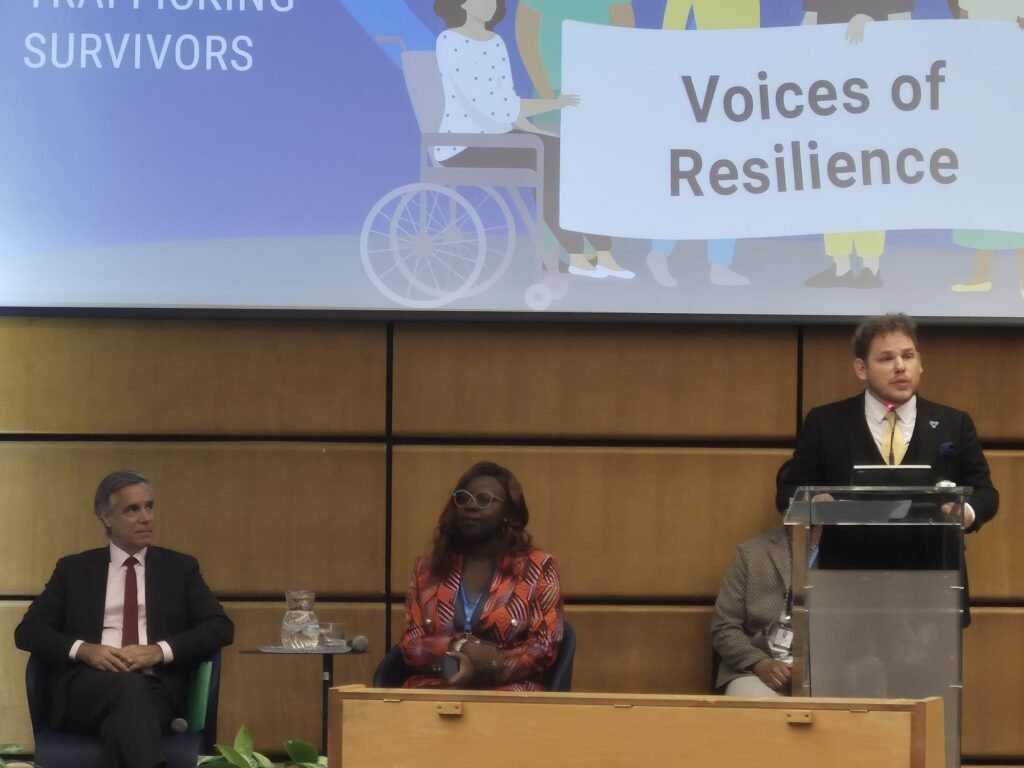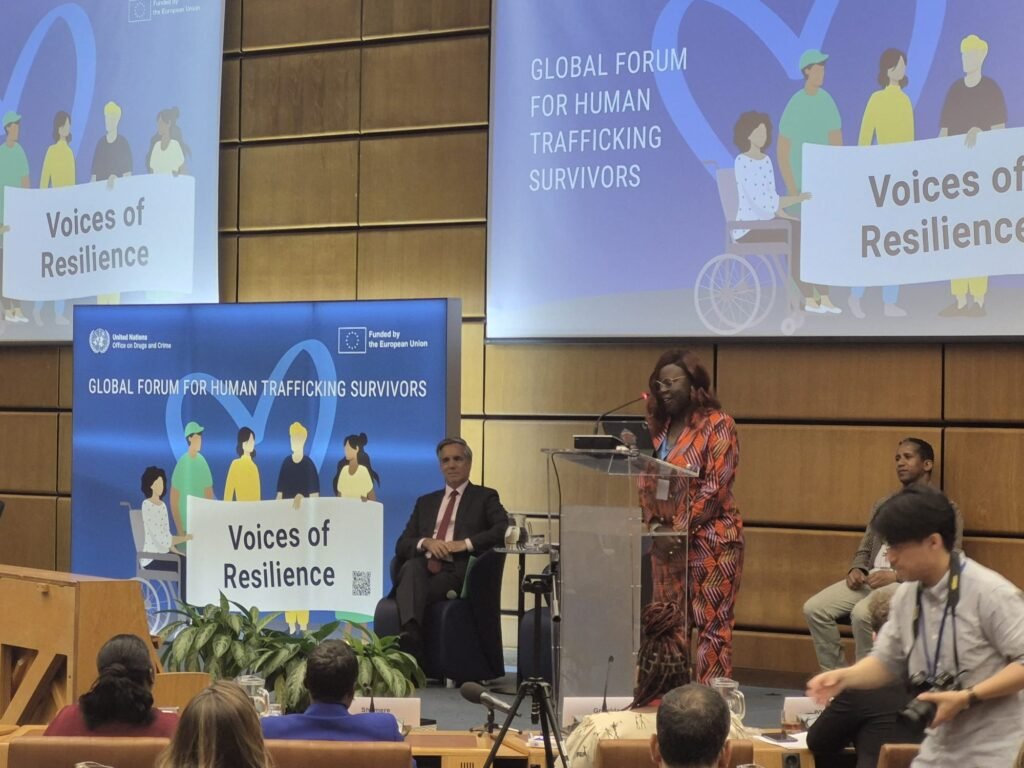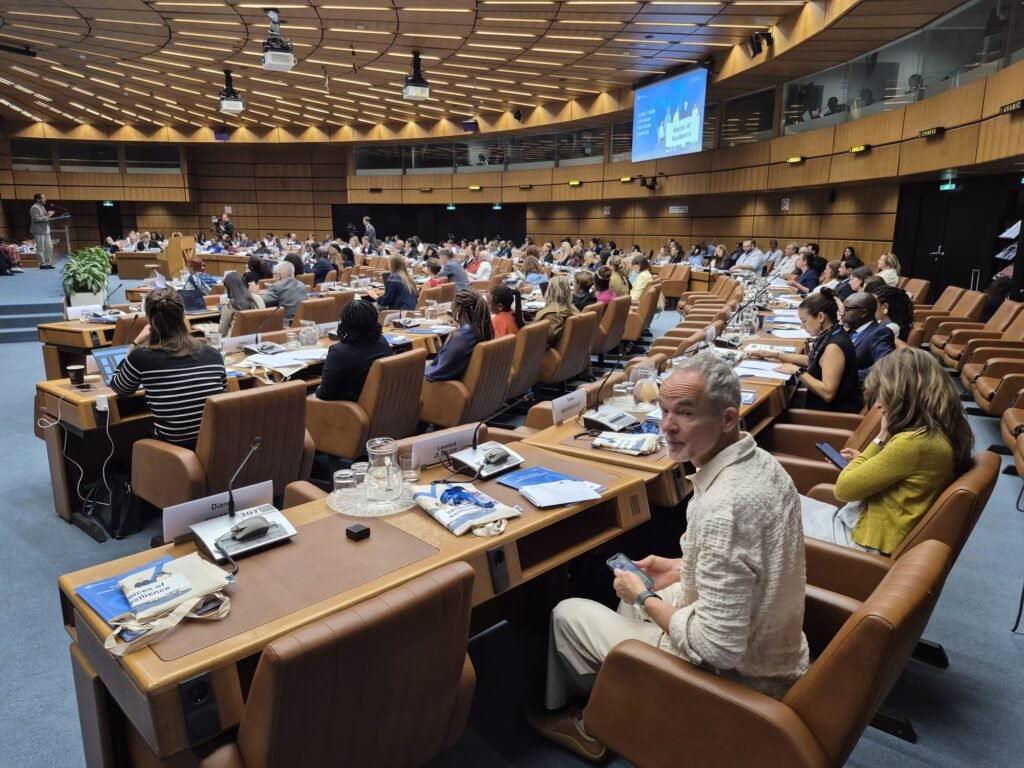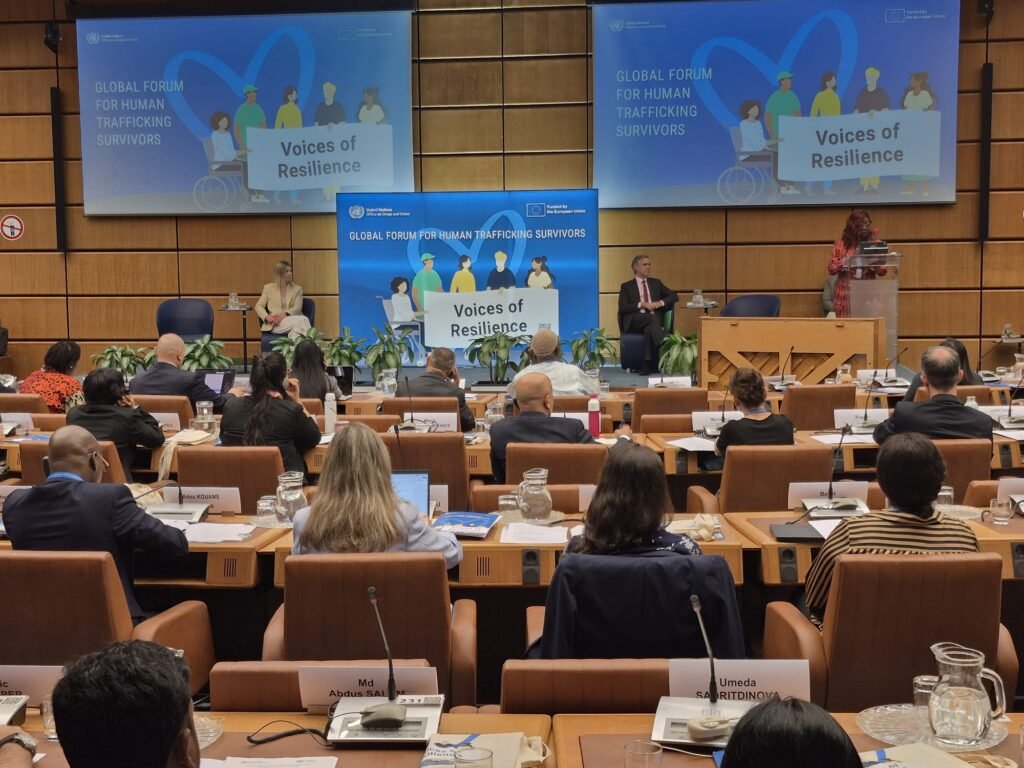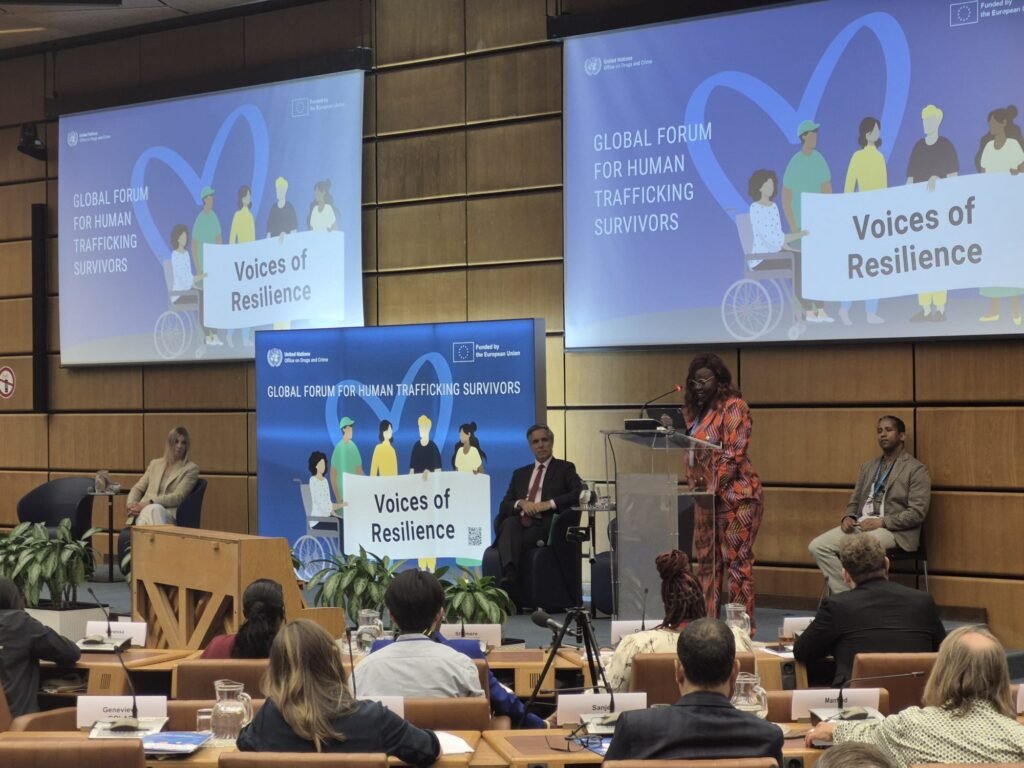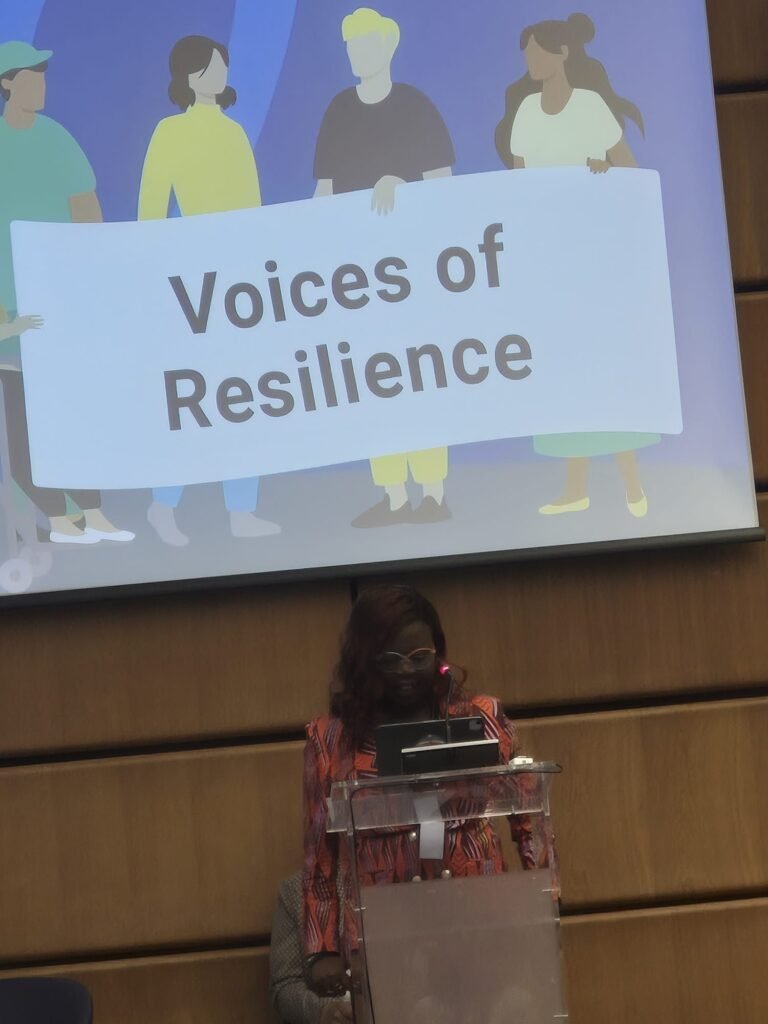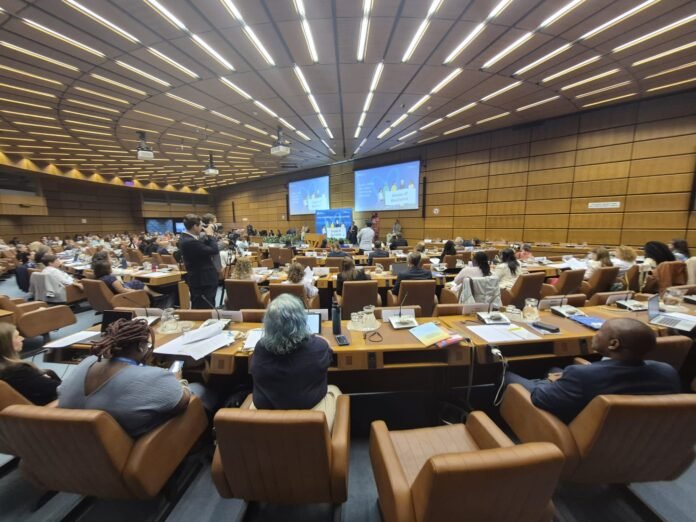Introduction to KiboCube and Its Significance
The KiboCube initiative, launched as a collaborative effort between the United Nations Office for Outer Space Affairs (UNOOSA) and the Japan Aerospace Exploration Agency (JAXA), aims to facilitate access to space for developing countries. This program is designed to provide opportunities for these nations to deploy small satellites, known as CubeSats, from the International Space Station (ISS). CubeSats are miniature satellites made up of standardized units, typically measuring 10x10x10 cm, and are regarded as a cost-effective solution for various space-related applications including Earth observation, scientific research, and technology demonstration.
The significance of KiboCube extends beyond mere satellite deployment; it serves as a platform for capacity building among developing nations, enabling them to harness the potential of space technology for disaster management, environmental monitoring, and educational purposes. By participating in the KiboCube initiative, countries can engage in space exploration without the substantial financial investment and technical expertise typically required for larger satellite programs. This democratization of space allowing access to new technologies and knowledge is crucial in fostering scientific advancement and innovation in these regions.
Moreover, KiboCube represents a unique collaboration between international entities, showcasing a commitment to peaceful uses of outer space. The program underscores the importance of global cooperation in addressing common challenges, such as climate change, economic development, and disaster risk reduction. Through educational outreach and hands-on experience, KiboCube empowers countries to not only develop their own CubeSats but also to foster a generation of skilled professionals who can contribute to the burgeoning field of space technology.
Opportunities and Benefits for Developing Countries
The KiboCube initiative, a collaborative effort between the United Nations Office for Outer Space Affairs (UNOOSA) and the Japan Aerospace Exploration Agency (JAXA), presents remarkable opportunities for nations with emerging space programs, particularly those classified as developing countries. The program is designed to advance satellite deployment capabilities by providing access to the International Space Station (ISS) for CubeSat missions. This offers a unique platform for teams in developing nations to engage in satellite development and deployment, boosting their technological capabilities and fostering innovation.
Participation in KiboCube serves as a significant step for researchers and engineers from developing countries, effectively building their expertise in satellite technology and operations. The knowledge gained from designing, building, and launching a CubeSat contributes to the development of scientific research capabilities. Participants have the opportunity to address various local challenges by utilizing satellite data for applications such as disaster management, climate monitoring, and agricultural development. This practical experience can drive advancements in homegrown technology, thereby enhancing national self-reliance in space science.
Moreover, KiboCube emphasizes educational initiatives. By involving students and educators in the satellite development process, the program helps to cultivate a new generation of scientists and engineers. Educational programs that emerge from these projects inspire students and stimulate interest in STEM (Science, Technology, Engineering, and Mathematics) fields. Success stories from past participants, such as those from Mexico and Kenya, demonstrate the transformative effects of satellite missions. These successful deployments have led to improved scientific collaboration, increased interest in space exploration, and heightened international visibility for the nations involved.
In summary, the KiboCube program is a powerful tool for empowering developing countries, equipping them with the necessary skills to explore and excel in the field of aerospace technology. Through enhanced scientific research, educational initiatives, and knowledge-building, nations can leverage space technology to address local and global challenges, ultimately contributing to their socio-economic development.
Application Process and Support Provided to Applicants
The application process for the ninth round of CubeSat deployment from the International Space Station (ISS) is structured to ensure that all interested teams can participate effectively. This initiative, jointly supported by the United Nations and the Japan Aerospace Exploration Agency (JAXA), targets educational institutions, particularly those in developing countries, to foster innovative research using CubeSats. To initiate applications, teams must first check their eligibility, which typically includes requirements such as being affiliated with a recognized educational institution and presenting a proposal that aligns with the objectives of the KiboCube program.
Key deadlines for submission have been established, guiding interested applicants to submit their proposals in a timely manner. It is crucial for teams to keep track of these dates and prepare their applications well in advance. The proposal must demonstrate scientific merit, feasibility of the mission design, and the potential for outreach activities that would benefit the educational community. This structured approach aims to cultivate interest in space science among those who may not otherwise have access.
The KiboCube Academy plays a pivotal role in this application process, providing valuable support to applicants. It offers various resources, including workshops, webinars, and one-on-one guidance, which focus on enhancing the capabilities of aspiring teams in proposal development. Participants can learn best practices concerning technical aspects, project management, and effective communication of their research goals. This assistance not only improves the quality of submissions but also helps teams align their objectives with the overarching aims of the CubeSat program. By utilizing the support available through the KiboCube Academy, applicants can significantly increase their chance of a successful application, thereby contributing to a greater understanding of Earth and space through their proposed missions.
Looking Ahead: The Future of KiboCube and Its Global Impact
As the KiboCube program commemorates its 10th anniversary, it paves the way for an ambitious future that seeks to enhance space exploration capabilities across the globe, particularly among non-spacefaring nations. The collaboration between the United Nations Office for Outer Space Affairs (UNOOSA) and the Japan Aerospace Exploration Agency (JAXA) continues to evolve, reinforcing their commitment to democratizing access to space. This partnership has not only facilitated the deployment of CubeSats but also fostered a culture of scientific innovation, education, and collaborative growth.
The KiboCube initiative has established itself as a crucial stepping stone for developing countries, enabling them to engage with space technology and contribute to various applications, including climate monitoring, disaster management, and telecommunications. Looking ahead, KiboCube aims to expand its outreach, encouraging more nations to participate in the program while promoting knowledge transfer and capacity-building initiatives. As new collaborations emerge, the program emphasizes the importance of sustainable practices in space exploration and deployment, aligning with broader international goals.
Moreover, the integration of sustainable space practices is vital for minimizing the environmental footprint of space activities. KiboCube plans to lead by example, showcasing how innovative solutions in CubeSat technology can contribute to the Sustainable Development Goals (SDGs). These objectives encompass eradicating poverty, ensuring clean water and sanitation, and combating climate change, all of which can be aided through advanced satellite technologies. For instance, CubeSats can support agricultural monitoring and resource management, proving instrumental in enhancing global resilience.
In essence, KiboCube’s future aspirations revolve around not just expanding access to space but also ensuring that such advancements align with global sustainability efforts. Through continued collaboration with UNOOSA and JAXA, the KiboCube program aspires to leave an indelible mark on the international space landscape, empowering nations to harness the potential of space for the greater good.
